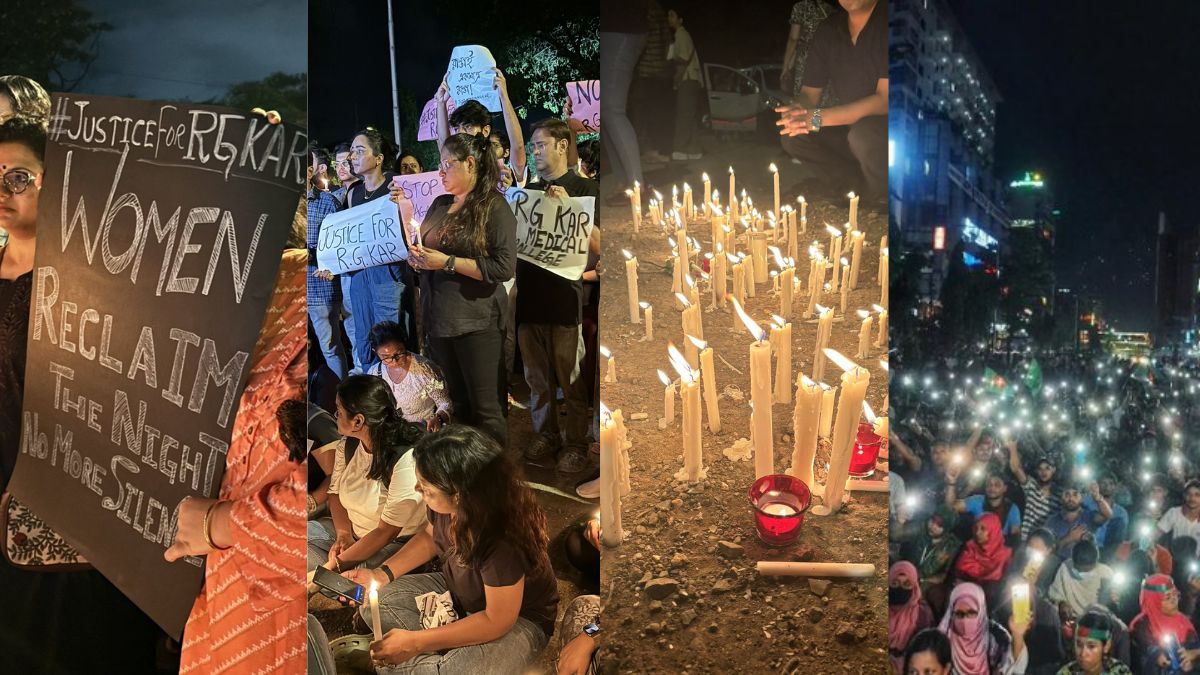Patients across India are facing significant disruptions in healthcare as resident doctors continue their strike for the third consecutive day. The nationwide strike, led by the Federation of Resident Doctors’ Association (FORDA), is a response to the recent rape and murder of a resident doctor in Kolkata.
Why Are Doctors Protesting?
- Incident in Kolkata:
The tragic rape and murder of a resident doctor at a Kolkata hospital have sparked widespread outrage and concern for the safety of medical professionals, particularly women, in their workplaces. - Strike Actions:
Resident doctors across the country are boycotting outpatient departments (OPD) and elective services, demanding safer working conditions and better protection for healthcare workers.
The “Reclaim the Night” Movement
- Origins:
The protests are part of the “Reclaim the Night” movement, which began in the 1970s to advocate for women’s safety and freedom in public spaces, especially at night. The movement challenges the notion that women should avoid going out at night to prevent assaults. - Global Roots:
The first “Reclaim the Night” march took place in Leeds, England, in 1977. Women organized this march to protest against sexual violence and the prevailing “blame the victim” mentality. The movement has since spread globally, with participants demanding safer streets and an end to gender-based violence.
Kolkata Protests
- Mass Gatherings:
Thousands of women across West Bengal gathered on Wednesday night to express their anger and solidarity following the brutal incident in Kolkata. The protests were scheduled to begin at 11:55 p.m., symbolically aligning with India’s Independence Day celebrations to highlight the ongoing struggle for women’s safety and independence.
What’s Next?
The protests show no sign of slowing down, as resident doctors and women’s rights advocates continue to demand justice and safer working conditions. The healthcare system remains disrupted, and the movement is gaining momentum, drawing attention to the urgent need for change in how women are protected in public and professional spaces.
TOPICS:
Kolkata


